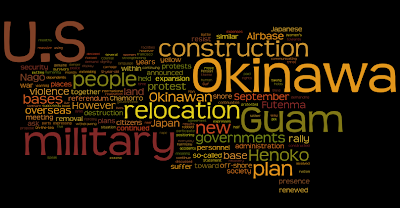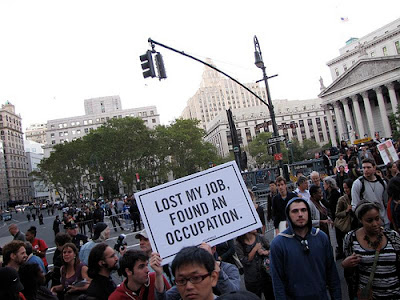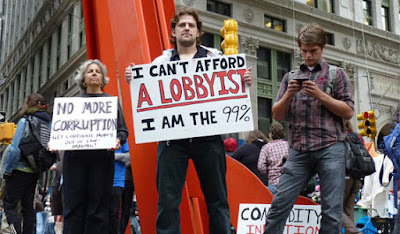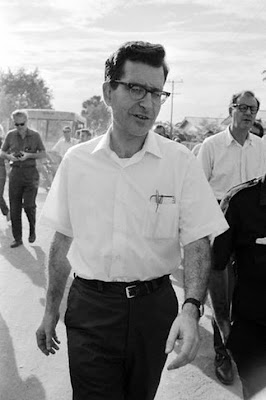Circumnavigations #2: Sumugo' yu giya Seoul...

My trip to Spain took me through South Korea, where I spent seven hours in the Incheon Airport in Seoul. In the same way that Guam and Okinawa have been connected for years now because of US military plans, so too have Guam and South Korea become connected as well. Guam has been a potential target for North Korea for many years now, as it is one of the most prominent US bases in the region. But over the past year the danger to Guam has become far more pronounced, from both sides of the Pacific. Late last year, North Korean rhetoric became more focused around Guam, far more than it ever had before. The year before that, Donald Trump was elected President of the US, and his foreign policy approach hasn't been very ideologically based, but seems to be rooted in impulsive Twitter tirades. Both of them combined mean that people on Guam have no idea what to think or even worry about next. North Korea is portrayed as a tin pot regime, simply full of bluster one moment, and




